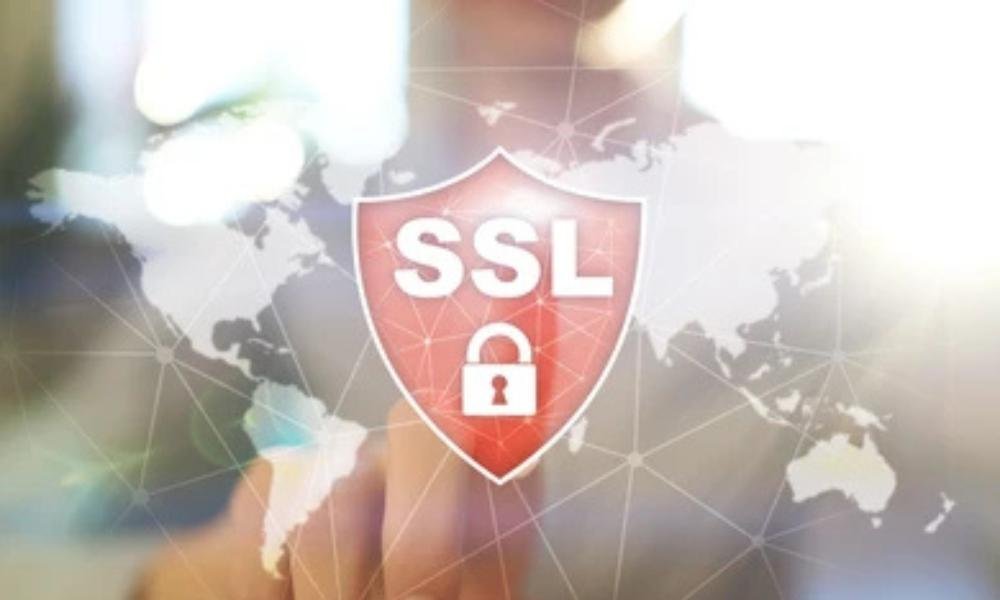Let’s be honest: the internet can feel like a giant highway of information, with sensitive details constantly zooming from one place to another. Without proper safeguards, personal information—like passwords or credit card numbers—can easily fall into the wrong hands. That’s where a security protocol, known as SSL, steps in to save the day. But what exactly does it do, and why should you care? Let’s break it down.
What You’ll Learn
- What SSL is and how it works.
- Why it’s essential for protecting sensitive information.
- The different types of digital protection available.
- How to get the right solution for your site.
- How a secure connection can even boost your rankings on search engines.
What is SSL?

SSL (short for Secure Sockets Layer) is a tool that encrypts the information shared between a user’s browser and a server. Imagine it as a private conversation in a crowded room—only the intended parties can hear what’s being said. Without encryption, private details, like payment info or login credentials, could be intercepted by cybercriminals.
Websites with SSL create a secure connection by issuing a digital handshake between the browser and the server. This process is so fast you might not even notice it’s happening, but the result is an encrypted link that protects data from prying eyes. You’ve likely seen it in action: the padlock symbol or “https://” in a URL signifies a protected connection.
Why is SSL Critical for Your Site?
Here’s why adding SSL isn’t just a nice touch—it’s essential:
1. Protects Sensitive Information
From login details to credit card numbers, SSL ensures that all private data shared on your site is encrypted and safe from hackers. Without it, malicious actors could easily intercept and misuse this information.
2. Builds Confidence in Visitors
When people see the padlock icon or “https://” in your site’s address bar, it reassures them that their interaction with your page is safe. This trust is especially important for e-commerce platforms or sites handling payments.
3. Improves Search Engine Rankings
Search engines, like Google, favor websites with a secure connection. Even though the ranking boost from HTTPS is minor, it’s an advantage that can make a difference in competitive niches.
4. Prevents Browser Warnings
Without SSL, browsers like Chrome display warnings that label your site as “Not Secure.” These alerts are a major turn-off for potential visitors and could drive them away before they even engage with your content.
Types of SSL Certificates
There are different types of certificates available, and choosing the right one depends on your specific needs. Here’s a quick overview:
1. Domain-Only Protection (DV)
This option verifies that you own the domain and provides basic encryption. It’s quick to set up and works well for personal projects or small blogs.
2. Business-Level Validation (OV)
This level goes a step further, verifying your business identity in addition to your domain ownership. It’s great for small businesses looking to establish credibility.
3. High-Level Validation (EV)
The most secure option, this certificate verifies your business’s details and displays its name in the browser bar. EV protection is ideal for businesses managing sensitive data or online transactions.
4. Coverage for Subdomains (Wildcard)
A Wildcard certificate protects your primary site and all its subdomains, making it a cost-effective solution for larger setups.
5. Multi-Site Coverage
Need to secure several domains? Multi-domain certificates let you protect multiple sites under one solution, simplifying management for businesses with a wide online presence.
How to Get an SSL Certificate

Adding encryption to your site is straightforward if you follow these steps:
- Decide What You Need
Figure out whether you’re securing a single page, subdomains, or multiple domains. - Pick a Trusted Provider
Options like Let’s Encrypt are great for basic encryption, while paid providers like DigiCert offer additional features for businesses. - Validate Your Site
Depending on the type of certificate, you may need to verify domain ownership or submit business documents. - Install and Activate
Once issued, the certificate must be installed on your server. Your hosting provider can usually assist with this step.
Is SSL Worth It for SEO?
Absolutely! Not only does SSL encrypt data, but it also provides a small ranking boost in search engine results. Secure sites signal trustworthiness to both users and search engines. For instance, if two sites have identical content but only one uses HTTPS, that site is more likely to rank higher.
For more advice on improving your site’s online performance, check out my guide on how to choose the right hosting plan.
Myths About SSL
Let’s debunk a few common misconceptions:
- “It’s only for big businesses.” Not true—any site, even personal blogs, benefits from encryption.
- “It’s expensive.” Free options, like Let’s Encrypt, are available for basic needs.
- “It slows down your site.” Actually, modern protocols often improve site speed.
SSL isn’t just about adding
a padlock to your site—it’s about protecting your visitors, building trust, and improving your search engine visibility. Whether you’re running a small blog or a large e-commerce store, securing your site is one of the smartest investments you can make.
Ready to take the next step? Start by exploring providers that offer free and paid options, or consult with your hosting service for guidance. Got questions? Let me know in the comments—I’d love to help!


